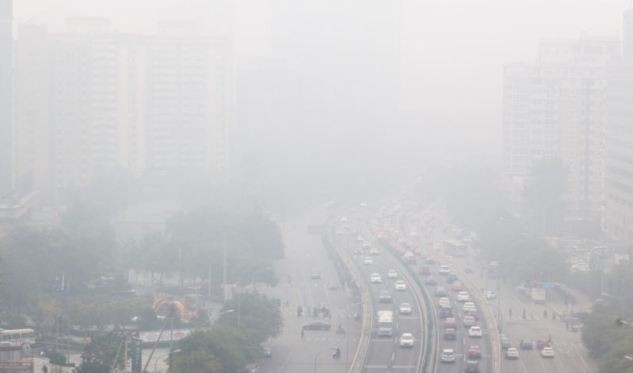China has crafted another band aid solution to its toxic, deadly and persistent smog by creating an environmental police force in Beijing instead of enforcing tougher measures that drastically curtail coal use by firms to head off a predicted environmental apocalypse.
These "smog cops" are supposed to diminish illegal garbage incinerations in Beijing; reduce the number of open air barbecues and clamp down on the burning of wood and biomass for heating and cooking.
Officials in Beijing announced the creation of a new environmental police squad to root out illegal burning in the city, the latest government response to the widespread public anger over China's persistent problems with smog.
Beijing's acting mayor Cai Qi also revealed several other measures over the weekend, including a target of cutting the use of coal by 30 percent in 2017 and shutting down 500 heavily-polluting factories. About 300,000 heavily-polluting vehicles will also be restricted from entering the capital starting February.
Beijing and dozens of cities across China are plagued on many winter days by thick and deadly blankets of smog and air pollution levels normlly exceed World Health Organization guidelines.
Last week, more than 20 cities were on "red alert," the highest warning level in China's four-tier system,. Beijing was on the second-highest "orange alert."
A red alert leads to the closure of schools and businesses, flight cancellation, and shutdowns of highways to keep cars off the roads. During a red alert in Beijing last month, authorities even seized charcoal grills from some restaurants.
These measures, however, again don't target the real root of the problem, which are thousands of coal fired factories pumping ash, soot and toxic pollutants into the atmosphere as they go on with business as usual.
Many factories remain under severe pressure to meet production targets despite the knowledge they're worsening air pollution in the cities in which they operate.
China is the world's largest producer and consumer of coal. Measures like capping production days or shutting down older coal mines run the risk of driving up energy prices and further slowing down an already slowing economy.
Greenpeace said the surge in air pollution coincides with increased steel production in the northern regions surrounding Beijing.
China began the new year with one of the worst smog attacks in its history. China's national observatory issued its first-ever national red alert for severe fog on Jan. 3.
Air pollution causes about 17% of all deaths in China, or 4,400 deaths per day.



























